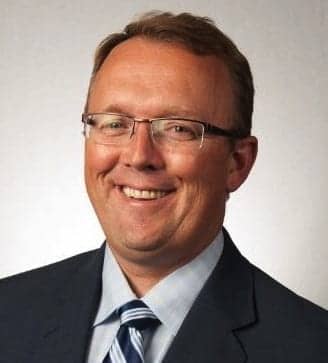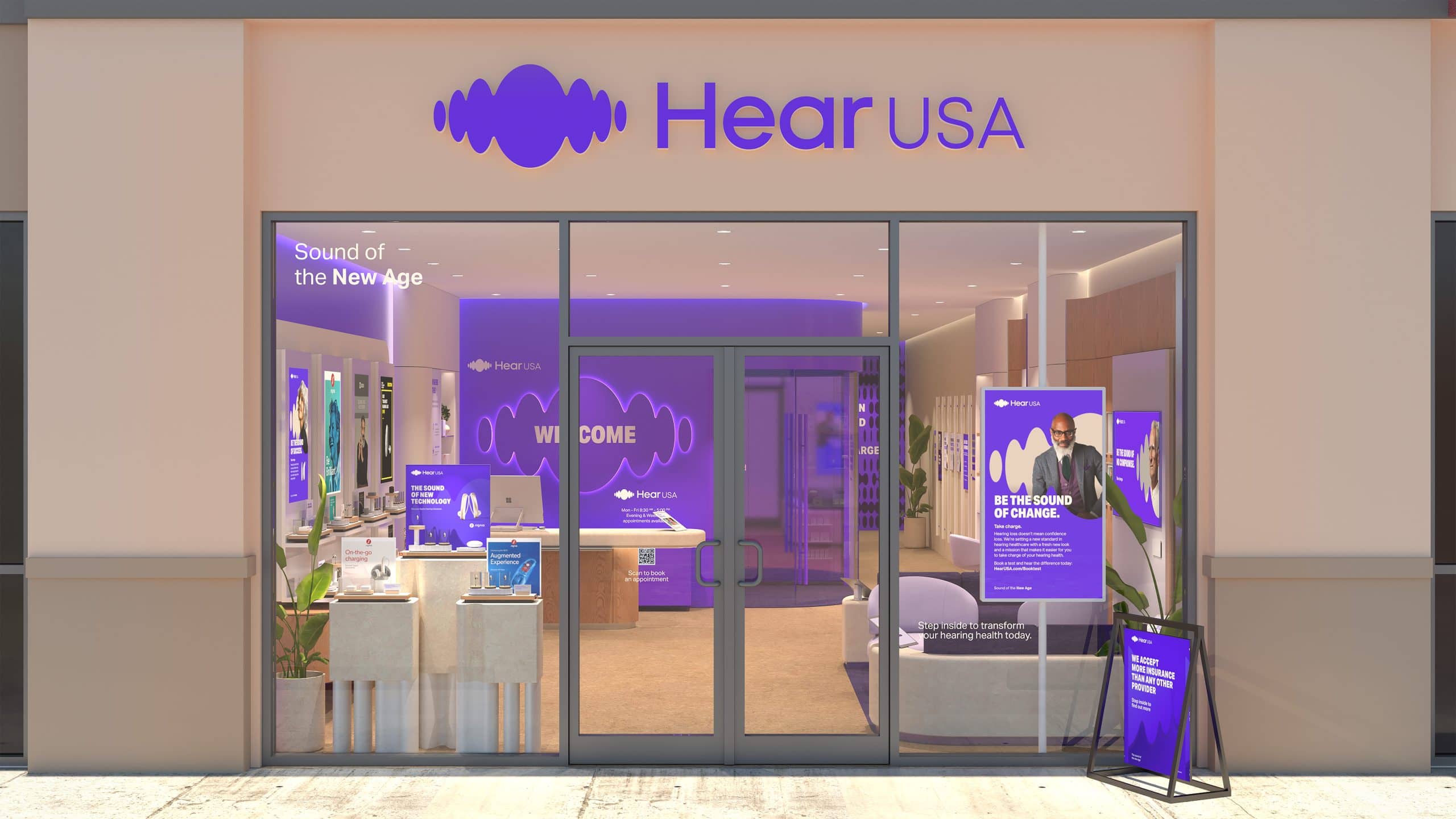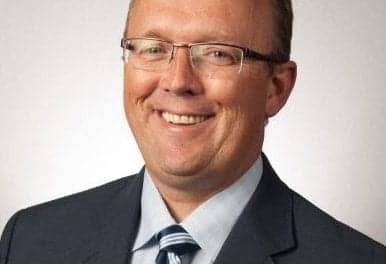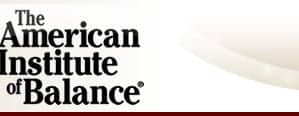Blog Page | December 2015 Hearing Review
This is an abridged version of Brian Taylor’s October 27, 2015 blog at his Hearing News Watch column at HearingHealthMatters.org.
Update: Since this article was published, the Academy of Doctors of Audiology (ADA) issued their official position, offering a qualified endorsement of the PCAST recommendations. For details, read “ADA Lends Qualified Support for PCAST Recommendations.” Additionally, the American Speech Language Hearing Association (ASHA) issued a statement expressing grave concern with a recommendation for an over-the-counter class of hearing aids. For details, read “ASHA Expresses Concerns with PCAST Recommendations for OTC Hearing Aids.”
On October 26, the President’s Council of Advisors on Science and Technology (PCAST) released its official report to the President about hearing technologies and mild-to-moderate hearing loss in older adults. PCAST is an advisory group of the nation’s leading scientists and engineers, appointed by the President to augment the advice available to him from inside the White House and from cabinet departments and other Federal agencies.
The PCAST report can be viewed online.
Since then, several key stakeholders have weighed in on the implications of the PCAST report with responses ranging from outright opposition to full support. Here are some of the comments from stakeholders in the hearing healthcare field:
AAA’s position. The American Academy of Audiology (AAA) issued the following statement to its members: “[AAA] is obviously concerned about the potential impact of these recommendations on patients, audiologists, and audiology practice. The impact could be profound and fundamentally change the manner in which hearing care is delivered in the United States. In combination with the concurrent review of affordability and access to hearing care by the National Academy of Medicine, it is conceivable that momentum to implement some sort of changes could be developed over the next year. The Academy will be reviewing the PCAST report and will develop a strategy to address the recommendations.”
ADA’s position. “PCAST clearly seeks to improve access to affordable amplification for patients with hearing loss,” said Kim Cavitt, president of the Academy of Doctors of Audiology (ADA). “Unfortunately, on their face, some of PCAST’s recommendations may undermine intended goals, and do a gross disservice to patients and the public.”
In an email exchange, ADA Executive Director Stephanie Czuhajewski applauded PCAST for recognizing hearing loss as an important and urgent public health and social problem, growing in importance with the aging population—and for acknowledging that there are large costs and risks that stem from untreated hearing loss. However, according to Czuhajewski, the ADA believes “PCAST’s statement that ‘basic’ hearing aids should be available over-the-counter to those with ‘normal, bilateral, gradual onset, mild-to-moderate age-related hearing loss’ demonstrates a lack of understanding about the clinical complexities of hearing loss and the necessity for professional intervention. The suggestion to purposefully move consumers in the direction of self-evaluation and treatment for hearing disorders as a means to achieve better outcomes, is both short-sighted and far-fetched. Forgoing professional diagnosis and treatment services runs counter to evidence-based practice and poses significant risks of its own, including the missed diagnosis of a serious underlying health condition that requires medical intervention and/or subsequent hearing loss as a result of improper fitting and/or programming of hearing aids or PSAPs.”
In her email, Czuhajewski also mentioned the formation of earVenture as a means for hearing professionals to offer high quality, less expensive devices to better serve the needs of the population with hearing loss who may not be able to afford traditional hearing aids. “While ADA has major reservations about the PCAST recommendations, we do agree that cost and access are genuine barriers to care, particularly for older adults,” said Dr Cavitt. “One thing is certain—the best way to prevent outside forces from dictating the future of hearing healthcare delivery, is for audiologists to provide innovative and cost-effective solutions, built on evidence-based practices and the incorporation of technologies that will best serve our patients.”
IHS’s position. The International Hearing Society (IHS) was also reached for comment. Kara Nacarato, director of corporate relations, wrote: “IHS is deeply disappointed by and strongly opposes the recommendations put forth by the PCAST. Based on public discussions of the PCAST, it appears the council did not take into account critical insights and evidence provided by IHS and other industry partners that underscore the importance of provider involvement in detecting the need for medical intervention, determining the appropriateness of hearing aids for one’s loss, and counseling. Instead, their review of the issue inappropriately suggests the industry and field take several major steps backwards to recreate a time when patient safety and standards were compromised due to lack of regulation. The FDA has repeatedly rejected the notion of unregulated and over-the-counter hearing aids, and for good reason. Today, there are many ripe solutions for providing greater access for all to hearing technology, including entry level hearing aids provided by hearing aid dispensing professionals, which offers those in need lower price points but still ensures patients are receiving the necessary professional intervention and support for their hearing healthcare needs.”
CEA takes other side. It’s probably not surprising that comments from the Consumer Electronics Association (CEA), which appears to have the most to gain from changes in federal hearing aid regulations, were much more supportive of the PCAST report. The following statement from their president and CEO, Gary Shapiro, was posted on the CEA website: “We agree with and welcome the report’s recommendation that changes in federal rules are needed to make Personal Sound Amplification Products (PSAPs) more available in the market. Tens of millions of Americans are untreated for mild-to-moderate hearing loss due to the high cost of hearing aids. They need more hearing-improvement options. Easily available PSAPs will help millions hear better, just as over-the-counter reading glasses have helped millions of Americans see better. Technology, if sold in a free market, allows low-cost access. Sadly, the traditional hearing aid market is closed off from competition. It’s time federal regulators end this expensive monopoly, open the market and allow PSAPs, which cost a fraction of the cost of hearing aids, to help millions of Americans hear better.”
HLAA also supports PCAST recommendations. Anna Gilmore-Hall, the executive director of the Hearing Loss Association of American (HLAA), the largest consumer organization for individuals with hearing loss, offered praise for the PCAST findings: “The findings of this report are clearly in line with HLAA’s mission—which is to open the world of communication to people with hearing loss. The individual and cumulative effects of these recommendations will serve as an important step in raising public awareness around the issues of hearing loss, expanding consumer choice and driving change in the marketplace.”
While HLAA fully supports the PCAST report, the organization was also quick to mention that technology or hearing aids purchased by consumers are not a substitute for receiving quality hearing healthcare: “We encourage people to see their primary care physician and their hearing health care provider for regular checkups.” However, HLAA believes the recommendations of the PCAST report help serve as an important step to bring what they believe is “much-needed change” in the delivery of hearing healthcare in the United States.
More to come. As this issue of Hearing Review was going to press, the Institute of Medicine’s (IOM) Committee on Accessible and Affordable Hearing Healthcare was scheduled to hold its fourth public meeting on November 13, specifically focusing on the PCAST report.
Brian Taylor, AuD, is editor of the Hearing News Watch column at HearingHealth Matters.org and is the senior director of clinical affairs at Turtle Beach, San Diego.
Chime in on Brian Taylor’s column at HearingHealthMatters.org
Original citation for this article: Taylor B. Stakeholders weigh in on PCAST letter. Hearing Review. 2015;22(12):12.
Also see: PCAST Recommends Creation of “Basic” OTC Hearing Aid Category; Easing of PSAP Regulations






